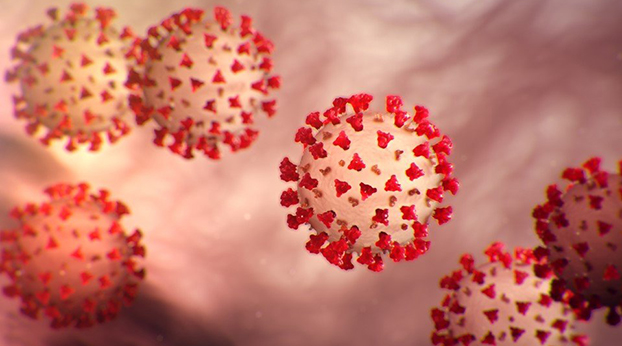Vape users susceptible to virus that spreads COVID, study finds
Published 12:19 pm Wednesday, February 28, 2024
|
Getting your Trinity Audio player ready...
|
Those who vape are susceptible to infection by SARS-CoV-2, the virus that spreads COVID-19 and continues to infect people around the world, a University of California, Riverside, study has found.
The liquid used in electronic cigarettes, called e-liquid, typically contains nicotine, propylene glycol, vegetable glycerin, and flavor chemicals. The researchers found propylene glycol/vegetable glycerin alone or along with nicotine enhanced COVID-19 infection through different mechanisms.
The researchers also found that the addition of benzoic acid to e-liquids prevents the infection caused by propylene glycol, vegetable glycerin, and nicotine.
Trending
“It would probably be best for vapers to quit vaping for the protection of their health and to stop nicotine dependency,” said Prue Talbot, a professor of the graduate division, whose lab performed the study. “If they cannot stop vaping, it is better to vape aerosols produced from an e-liquid with acidic pH or with benzoic acid to prevent the enhanced SARS-CoV-2 infection caused by nicotine, propylene glycol, and vegetable glycerin. However, inhalation of benzoic acid has its own risk, and data is still limited on this topic.”
The researchers obtained airway stem cells from human donors to produce a 3D tissue model of human bronchial epithelium. They then exposed the tissues to JUUL and BLU electronic cigarette aerosols to study the effect on SARS-CoV-2 infection. They found all tissues showed an increase in the amount of ACE2, a host cell receptor for the SARS-CoV-2 virus. Further, TMPRSS2, an enzyme essential for the virus to infect cells, was found to show increased activity in tissues exposed to aerosols with nicotine.
The research was funded by grants from the Tobacco-Related Disease Research Program, National Institute of Environmental Health Sciences, Center for Tobacco Products of the Food and Drug Administration, and California Institute of Regenerative Medicine.
The research paper is titled “Does vaping increase the likelihood of SARS-CoV-2 infection? Paradoxically yes and no.”






